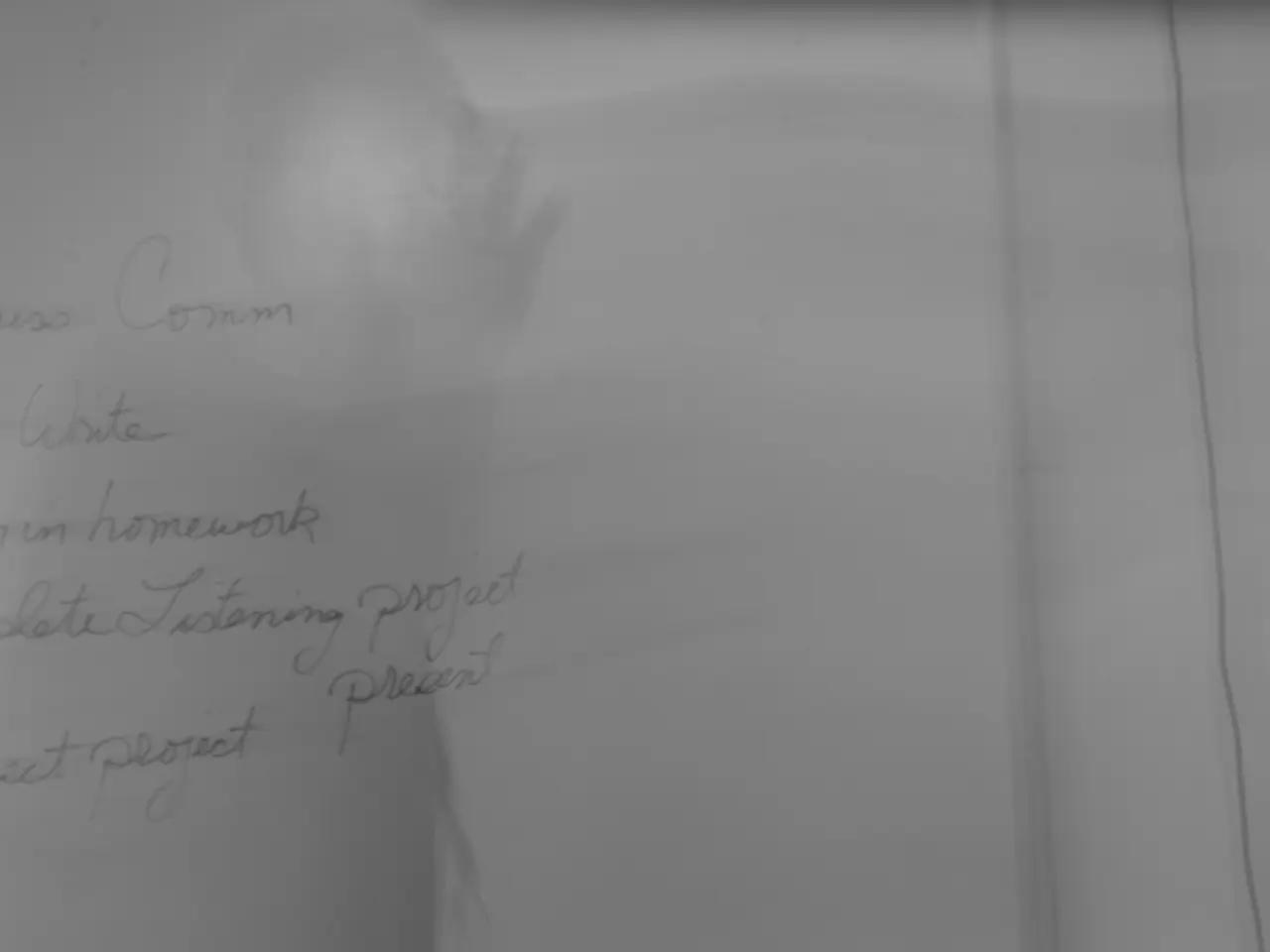Guidelines for Preventing Your Former Spouse from Inheriting Your Estate After Divorce
In England and Wales, a divorced spouse may potentially make a claim against their ex-partner’s estate under the Inheritance (Provision for Family and Dependants) Act 1975. Here's what you need to know about this complex matter.
If a divorced spouse has not remarried or entered a new civil partnership after the divorce, they can apply to the court for reasonable financial provision from the deceased ex-partner’s estate within six months of the Grant of Probate being issued. This claim is subject to certain conditions, such as the divorced spouse not being adequately provided for in the will or under intestacy rules.
Remarriage generally bars a claim for a financial settlement from the estate, except for maintenance between the date of death and the date of remarriage. However, divorcing parties can protect their estate by including specific clauses in the divorce order to exclude claims by the ex-spouse or by careful estate planning, including a well-drafted will or court orders obtained during divorce proceedings.
Professional advice is crucial when drafting a will, as it can help ensure that your estate is distributed according to your wishes and reduce the risk of a successful claim by a former spouse. A clean break financial order, which considers the ex-partner's financial needs and prevents later claims, can also be beneficial in these situations.
If no will is left, the intestacy rules will administer the estate. In such cases, it's essential to keep records and maintain clear communication with beneficiaries and non-beneficiaries to reduce the likelihood of a claim. A letter of wishes, which outlines your intentions for your estate, can also help defend any claims against the estate.
It's important to note that the introduction of no-fault divorce in 2022 has made it easier to legally separate without a fight. However, this does not necessarily mean that the risk of an inheritance claim by an ex-spouse has decreased. In fact, divorces in England and Wales increased by 28% from 2022 to 2023, reaching 102,678 divorces and 1,138 civil partnership dissolutions.
While fewer people are getting married overall, the percentage of marriages leading to divorce has increased. This trend highlights the importance of proactive steps to update estate planning documents and review them regularly to protect an estate and reduce the risk of a successful claim by a former spouse.
In conclusion, while a divorced spouse may apply to the court for reasonable financial provision from the deceased ex-partner’s estate within six months of probate, this claim is governed by the provisions of the Inheritance Act 1975 and can be contested through careful estate planning and the inclusion of specific clauses in the divorce order. Seeking professional advice and maintaining clear communication with beneficiaries and non-beneficiaries can help ensure that your estate is distributed according to your wishes.
- It's necessary for individuals to seek professional advice when drafting their will, especially in cases where they have gone through a divorce, as it can help exclude potential claims by an ex-spouse and ensure that their personal-finance interests are protected.
- A divorced spouse who is not adequately provided for in a will or under intestacy rules may make a claim against their ex-partner's estate under the Inheritance (Provision for Family and Dependants) Act 1975, which falls under the umbrella of personal-finance management and planning.




